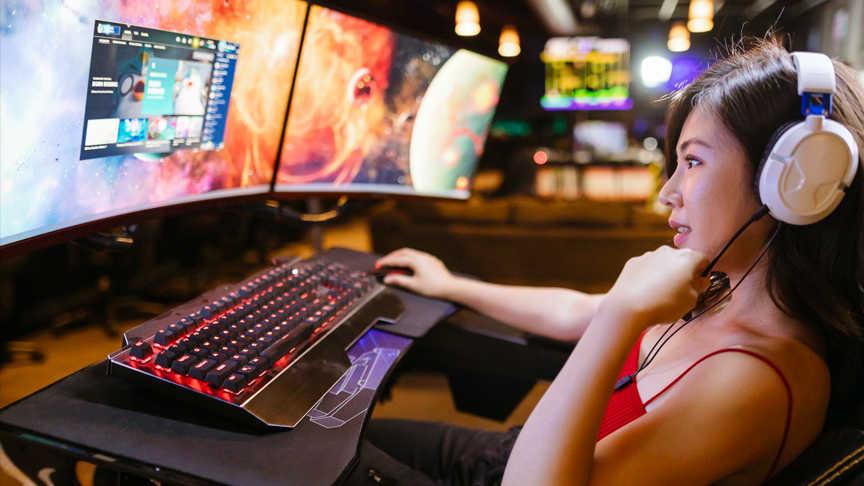Following the rise of unemployment in the Philippines, Filipinos pounced on different opportunities to earn money, one of which is play-to-earn gaming.
With this fundamental innovation in gaming, Filipinos can now earn real money by playing games, disproving the popular belief that gaming is not a career.
Earning through Gaming
In play-to-earn games, players use non-fungible tokens (NFTs), unique digital assets that represent internet collectibles, to join the ecosystem. The in-game rewards won can then be converted into Philippine peso or any other physical currency.
Play-to-earn gaming has started to become popular in Nueva Ecija, Batangas, Negros Occidental and other provinces in the country, prompting the exponential growth of play-to-earn communities.
One such community, Filipino-led gaming guild Yield Guild Games (YGG), realized their potential impact on the lives of their fellow countrymen by introducing unemployed and low-income Filipinos to the metaverse. “We aim to bring the benefits of blockchain technology and play-to-earn games to those who need them the most,” said YGG Co-founder Beryl Li.
Inclusive, Unconventional ‘Scholarships’
The gaming guilds “scholarship” program involves lending the recruited “scholars” NFTs so they can start playing and earning without any upfront costs.
In the case of Axie Infinity, one of the most popular play-to-earn games in the country, players would need a team of at least three NFTs, costing upward of PHP 35,000, to play and earn the in-game currency Smooth Love Potion (SLP) that is convertible to real cash.
In YGG, in-game rewards are shared among the scholars, managers, and the guild, with the scholars taking the largest cut at 70% and managers receiving 20%. This ensures that 90% of earnings go back to the community, with only 10% going back to YGG to sustain the business model and help more scholars. To date, YGG has over 4,700 scholars worldwide, 52% of which are residing in the Philippines.
Playing to support the family
“Anyone can be a scholar, as long as you have an internet connection, a mobile phone or a computer that can support the game, and time to play,” said YGG Country Manager Luis Buenaventura. “While we do accept anyone interested in earning an income through play-to-earn games, YGG prioritizes the unemployed and the marginalized.”
Depending on their time spent playing, the number of wins, and their gaming skills, scholars can earn higher than the national monthly minimum wage, ranging between Php 15,000 to Php 20,000. As such, many Filipinos have turned to play-to-earn to finance their basic needs. Besides the great earning potential, its purely digital ecosystem allows for flexible “work” hours and eliminates the risk of COVID-19 exposure.
Gaming communities such as YGG enhance the play-to-earn experience of Filipinos who are trying to make ends meet. “While fairly new, play-to-earn’s meteoric rise, especially in the Philippines, may mean that it is addressing many concerns locally.” Li quipped. “YGG looks forward to how play-to-earn will evolve and how our guild will adapt and continue its mission of providing opportunities to the community through gaming.”












































































































